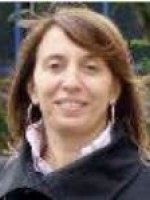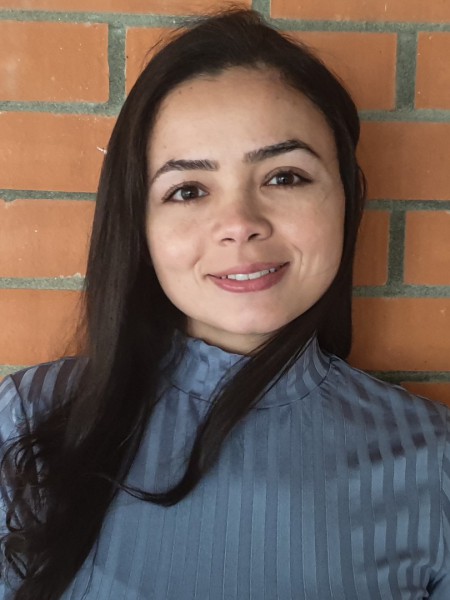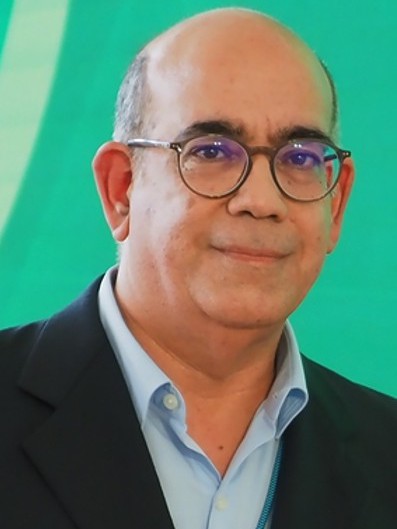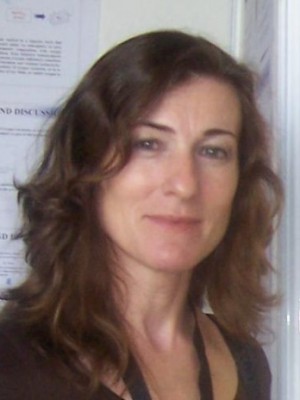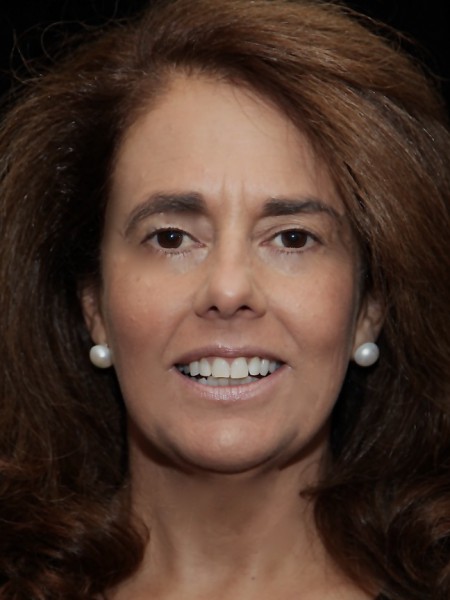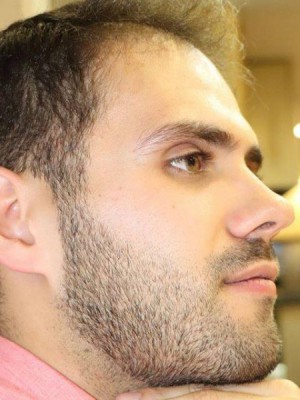resumo
In this work, we have exploited FLASH sintering as an alternative sintering process in the production of porcelain stoneware. FLASH sintering of porcelain stoneware occurred at temperatures similar to 1020 degrees C, for 500 V cm(-1), 2 mA mm(-2) in 30 s. These conditions are significantly less severe than those typically applied in its conventional sintering, 1150-1250 degrees C for 1 h. Despite the reduction of time and sintering temperature, FLASH sintered samples exhibit heterogeneous microstructure and elemental distribution, with localized glassy phase formed on the positive pole. By decreasing the feldspar content, less localized glassy phase and more uniform microstructures were obtained, being of relevance the highest density and microstructure uniformity attained in the composition without feldspar. These results extend the FLASH sintering applicability and illustrate its importance for the development of alternative sintering technologies in traditional ceramic industry, that in addition may benefit from the reduction of feldspar in the porcelain stoneware production.
palavras-chave
ELECTRIC-FIELD; ZIRCONIA; DENSIFICATION; MECHANISM; ALUMINA; CONSOLIDATION; CONDUCTIVITY; EVOLUTION; PHASE
categoria
Materials Science
autores
Ribeiro, C; Figueiredo, L; Serrazina, R; Almeida, JC; Salgado, J; Santos, R; Jorge, H; Serra, A; Marcos, P; Costa, ME; Vilarinho, PM; Senos, AM
nossos autores
Grupos
G2 - Materiais Fotónicos, Eletrónicos e Magnéticos
G3 - Materiais Eletroquímicos, Interfaces e Revestimentos
Projectos
Desenvolvimento Sustentável de porcelânico técnico por via seca (ReviDry)
CICECO - Aveiro Institute of Materials (UIDB/50011/2020)
CICECO - Aveiro Institute of Materials (UIDP/50011/2020)
Associated Laboratory CICECO-Aveiro Institute of Materials (LA/P/0006/2020)
agradecimentos
This work was developed within the scope of the project REVIDRY project, Contract nr. POCI-01-0247-FEDER-017784, funded by COMPETE 2020, Portugal 2020 and the European Union through the European Regional Development Fund (ERDF) , and within the scope of the project CICECO-Aveiro Institute of Materials, UIDB/50011/2020, UIDP/50011/2020 & LA/P/0006/2020, financed by national founds through the FCT/MCTES (PIDDAC) .


